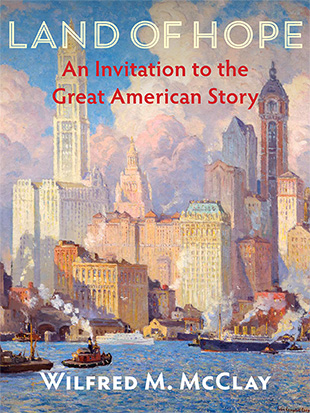Book of the Week: 'Land of Hope'
In Land of Hope: An Invitation to the Great American Story, Wilfred M. McClay has produced an inspiring exploration of America’s past that is out of step with the fashionably fractured narratives found in most U.S. history textbooks. More to the...













